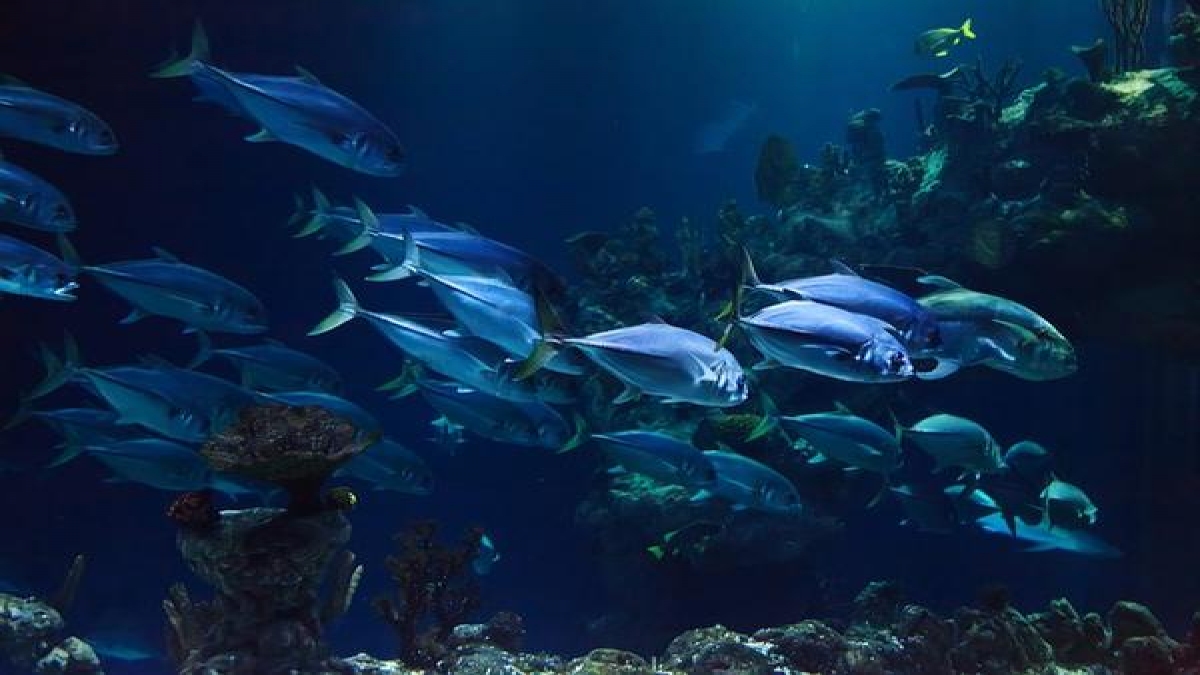Marine biology is a professional subject that studies all forms of sea organisms and bodies of water in the ocean. It investigates numerous life forms in the water, as well as their activities and connections with one another and with the ecosystem.

One of the primary goals of marine biology is to learn how ocean processes influence the distribution of life. Marine biologists examine how organisms adapt to the diverse chemical and physical qualities of seawater, ocean movements and currents, sunlight penetration at different depths, and the hard surfaces that make up the bottom.
Particular emphasis is placed on determining the dynamics of the coastal environment.
Responsibilities in Marine Biology
- Collecting samples and data utilising methods such as coring techniques, geographic information systems (GIS), visual recording and sampling analysing samples in a lab, and producing new research hypotheses from them
- Preserving specimens and samples of unknown species and diseases, and charting marine population distribution, ranges, and migrations
- Disseminating the most recent breakthroughs in marine research to the general public, governments, organisations, and commercial enterprises
- Local divers, fishermen, and stakeholders were interviewed on animal behaviour and local marine activities
- Educating or teaching on policy, management, and administration of maritime activities establishing, executing, and administering aquatic environment initiatives.
Career Opportunities in Marine Biology
Research Technician
A research technician is a professional specialist that conducts lab tests to aid scientists during experiments. Research technicians also keep scientific equipment clean and up to date, keep records of test results and discoveries, and assist scientists with research.
Microbiologist
A microbiologist is a scientist who specialises in the study of microorganisms such as bacteria, parasites, and viruses. Marine biologists may specialise in observing plankton, fungus, or other forms of microbes that thrive in the sea and saltwater lakes.
A microbiologist can carry out research initiatives, conduct laboratory tests, and gather samples and data from natural investigations.
Environmental Consultant
An environmental consultant helps companies and organizations reduce their ecological impact.

Environmental consultants can advise their customers on how to make their current business processes more ecological, offer new procedures that encourage sustainability, and identify projects or tasks that may have ecological consequences.
Fisheries Observers
Fisheries Observers -,” these volunteer professionals are stationed on patrol boats or at processing plants to collect data and report on aquatic activities to help science, preservation, and administration. Their data may be used by government agencies or following vendors to ensure compliance with legislation, analyse the fishing industry, determine fishing rights, and much more.
Marine Conservation Officers
Marine conservation officers are typically in charge of implementing regulations that protect marine species and guaranteeing that business operations do not negatively impact our waters. They also provide information to people on the effects of their actions on marine ecology.
Marine Biologist
A marine biologist is a scientist who researches aquatic fauna. Marine biologists can collect water or plant samples for examination in laboratories, study marine species in their natural environments, and perform research on ecological events that happen in aquatic environments.

